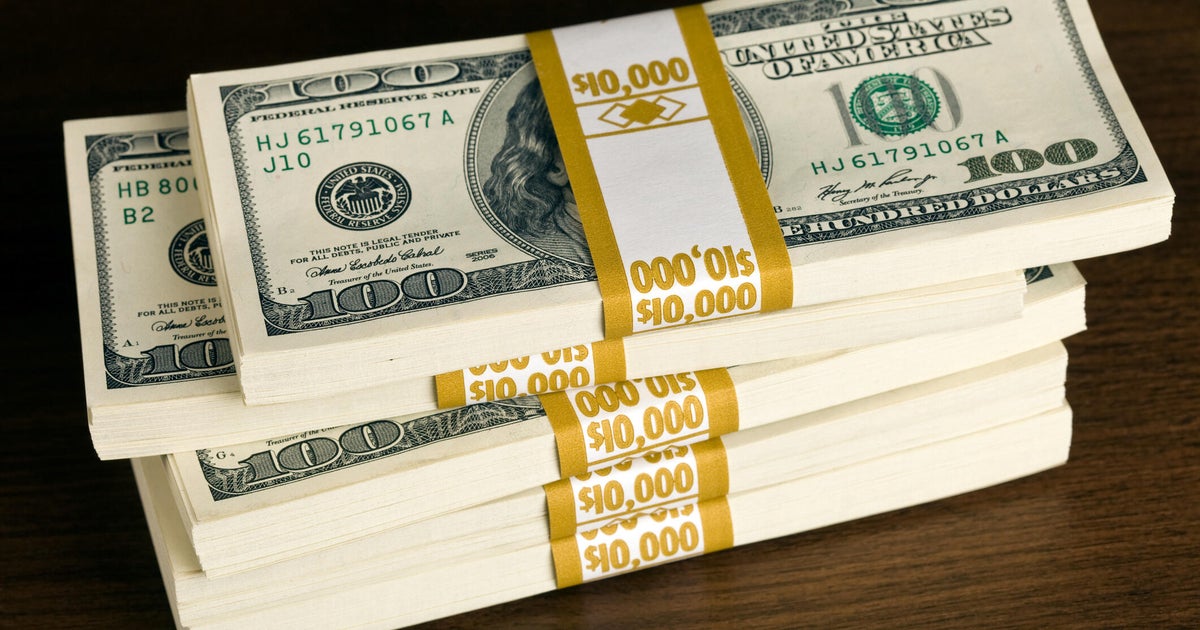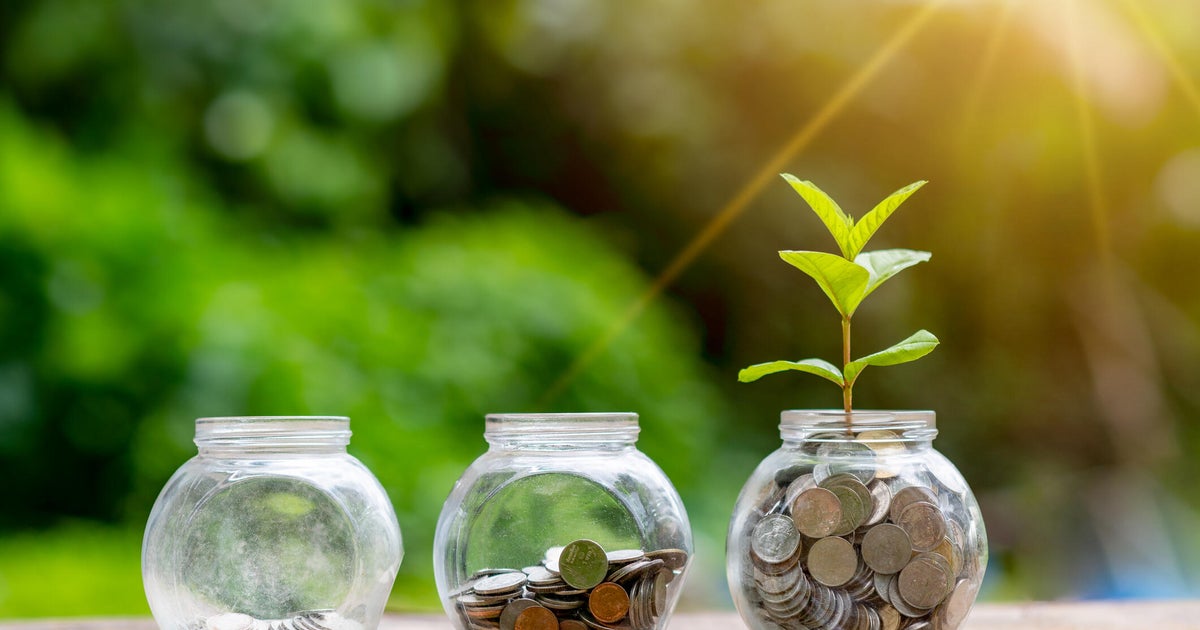Got some cash? Here are 3 places to park your money.
If you're among the millions of American who bought I-bonds last year, you may be looking around for a better place to park your cash.
I-bonds, the breakout investment star of 2022, are offering a 6.9% return for the next few days, but that rate is set to drop sharply on May 1. Based on current inflation trends, the new rate is likely to be under 4%, financial pros say.
The good news is that after years of dismal interest rates, savers finally have some attractive options. Banks have cranked up returns on savings accounts to rates approaching the pace of inflation, while Treasury bills and money market accounts offer similar returns.
Here are some good options if you're looking for somewhere to park your cash.
Online savings accounts (Return: 3.9%-4.8%)
If your emergency fund or cash cushion is sitting in a checking account or a brick-and-mortar bank, now is a good time to look at moving it into an online high-yield savings account, financial experts say.
"I've been advising my clients with extra cash to save their emergency fund — up to six months of expenses — in a high-yield savings account. These types of accounts typically earn many times the yield of a plain-vanilla savings account, and the cash is still easily accessible if you need the money for something unexpected," Michelle Francis, founder of Life Story Financial, told CBS MoneyWatch.
Francis noted that average percentage yields (APY) for high-yield savings accounts this month are in the mid-to-high 4% range.
CIT Bank, Citizens Bank, PNC and Popular Direct currently offer APYs of 4.25% or higher, according to Bankrate. Apple last week also launched a savings account with Goldman Sachs offering 4.15%, a rate also available from Synchrony Bank.
A savings account won't offer quite as high of a return as other options, like a short-term Treasury bill or certificate of deposit, but the advantage of such an account is that your money can be withdrawn anytime you need it.
"If you want ultimate flexibility, a high-yield savings account is going to be best regardless of timeline," said Eric Baskin, a financial planner based in Dayton, Ohio.
Note that savings accounts limit how frequently you can take out money — a typical limit is six withdrawals per month — so don't count on using it for day-to-day spending.
Money market accounts (Return: 3.9%-4.75%)
Money market accounts are another attractive option for people who have a brokerage or robo-adviser account. Fidelity, Morgan Stanley's E*Trade, Sofi, Robinhood and Wealthfront are popular examples. They offer rates comparable to high-yield savings accounts, with the highest APYs today ranging from 4.3% to 4.75%, according to Bankrate.
The benefit of a money market account is that the cash that's earning an attractive return is also available to immediately invest in the stock market, making this a good choice for frequent investors.
The downside is that money market funds can take a few days to transfer into a checking account to spend, so it's not a good cash repository for financial emergencies. And as with savings accounts, interest rates on money market accounts aren't fixed, so in a market downturn they could drop quickly.
Treasury securities (Return: 3.3%-5.2%)
Treasury securities, unlike savings or money market accounts, offer a guaranteed interest rate for a specific amount of time. Today's short-term Treasury yields are the highest they've been in two decades.
"If you are looking for the highest yield on short-term instruments, 4-month Treasurys are currently yielding 5.2%. This might be the right choice for those who are comfortable actively managing their investments or those with over $250,000 in cash," said Jon Pasqua, a financial adviser based in New York.
"Unlike high-yield savings accounts, which are only FDIC insured up to $250,000…. Treasurys are guaranteed by the government regardless of how much you invest," he noted.
Plus, unlike interest earned from a savings account or CD, Treasury securities have the added benefit of being exempt from state and local taxes.
Treasury bills are easy to buy on your own — simply create an account on TreasuryDirect.gov and link it to your bank account. Buyers can arrange for their bills to reinvest automatically when they expire. Otherwise, you'll need to keep track of when your investments are expiring and evaluate each time what to do with that money.
It's "definitely not rocket science to invest in Treasurys but still takes action, and any delays on reinvesting can lower the yield you would receive," Pasqua said.
Although they're not as attractive as they were when the annual rate of inflation topped 9% last summer, they can be a decent place to put your cash because they're designed to offer a higher rate return than inflation.
- "Inflation-proof" I-Bonds get new 6.9% interest rate
- How to buy I-Bonds, the surprise hot investment of 2022
The yield on I-Bonds changes twice a year, on May 1 and November 1, and reflects the rate of inflation over the previous six months. On May 1, the rate on I-Bonds is likely to fall below 4%, financial pros say, noting that consumer prices have been cooling. So if you bought I-bonds in the past year, you may be looking to offload those funds.
"I know a lot of people who purchased I-bonds in 2021 and 2022 are probably thinking about redeeming them now," said Chris Diodato, founder of WELLth Financial Planning.
But Diodato cautions investors not to rush, since the penalty for redeeming an I-bond you've held for less than five years is the last three months of interest.
"If people redeem them May 1st when rates adjust lower, they're giving up three months of 6.89% interest," he said. Unless you absolutely need the funds, he suggests waiting three months, at which point giving up three months of sub-4% interest won't be as painful.



